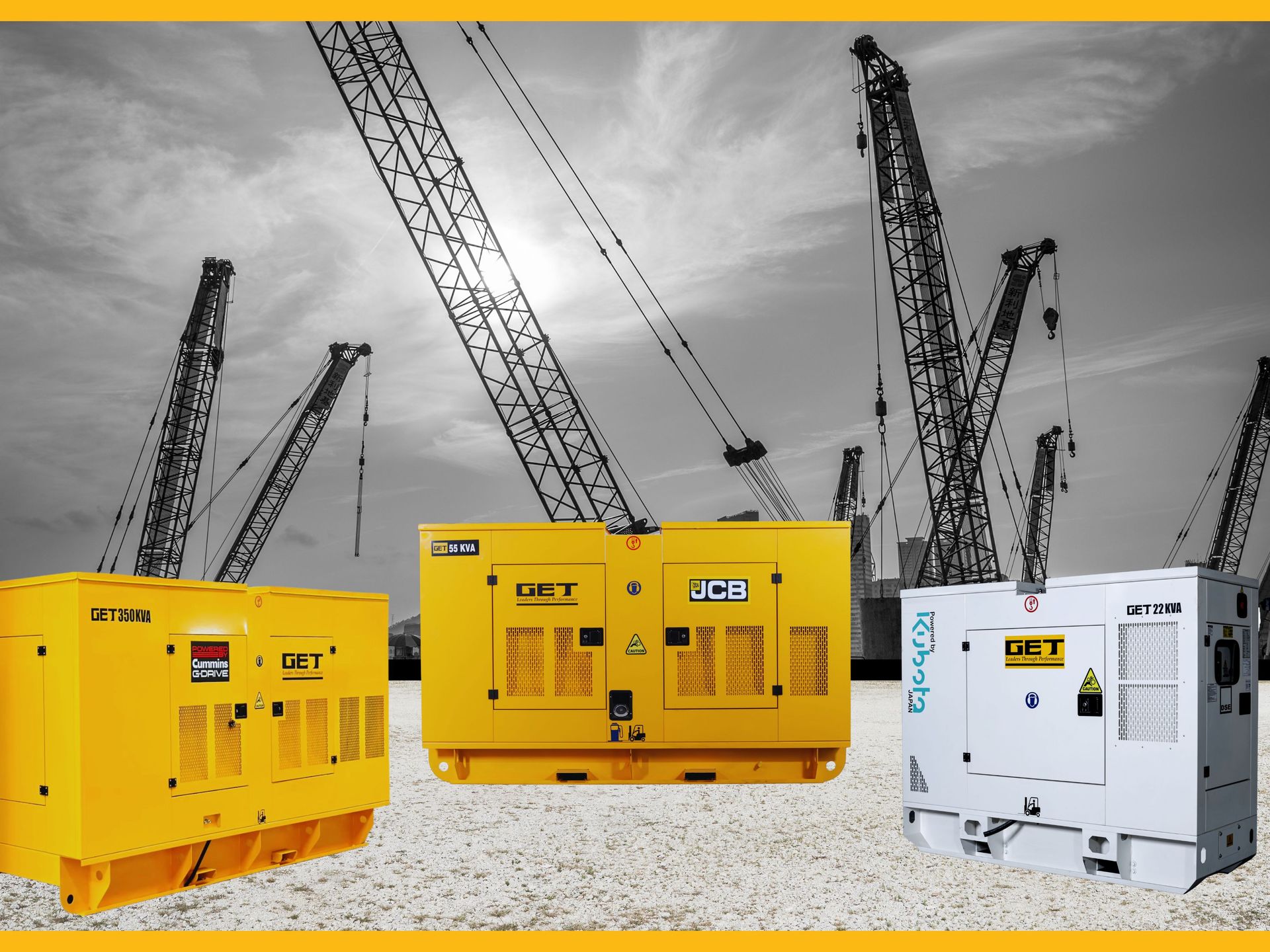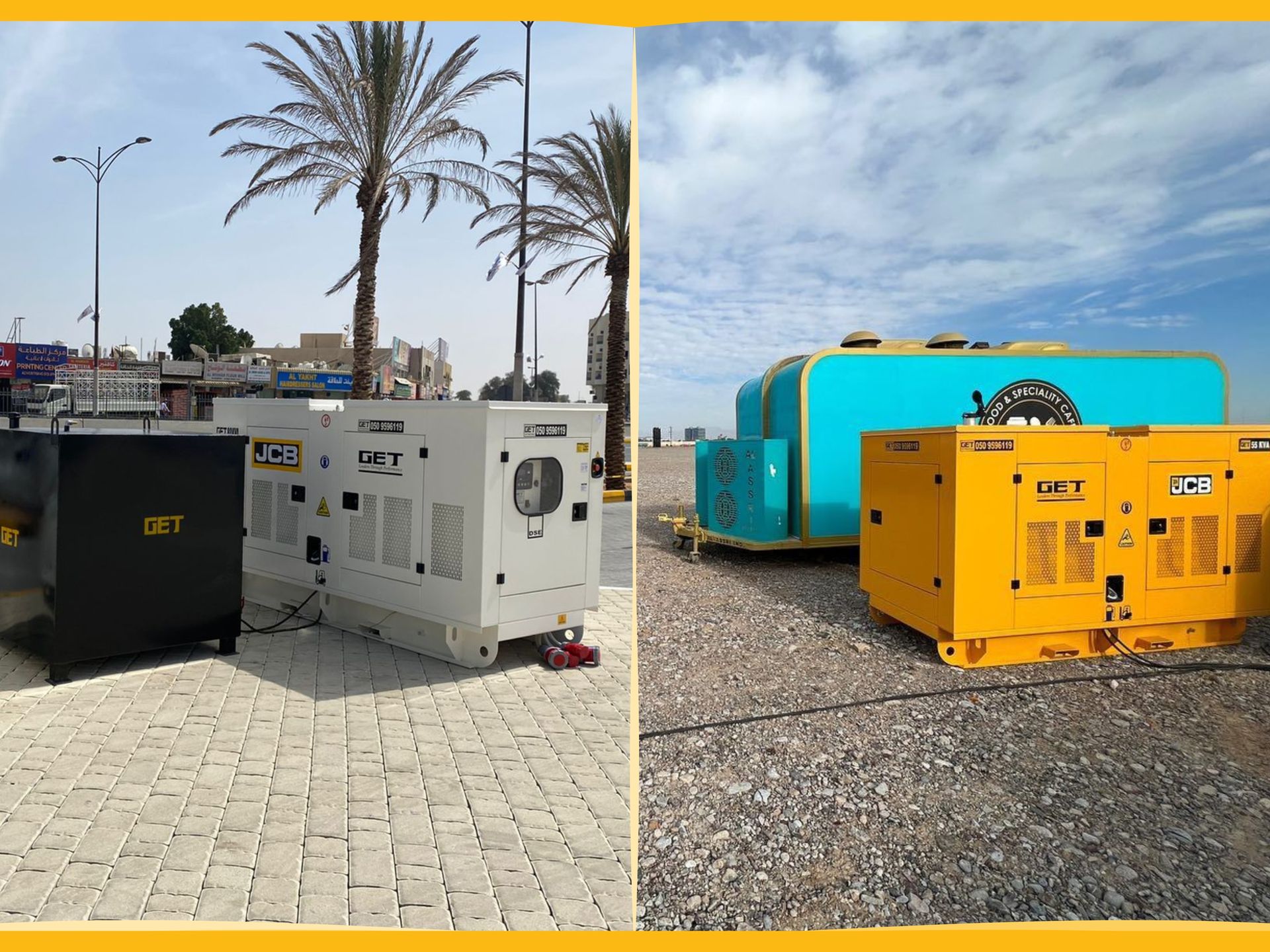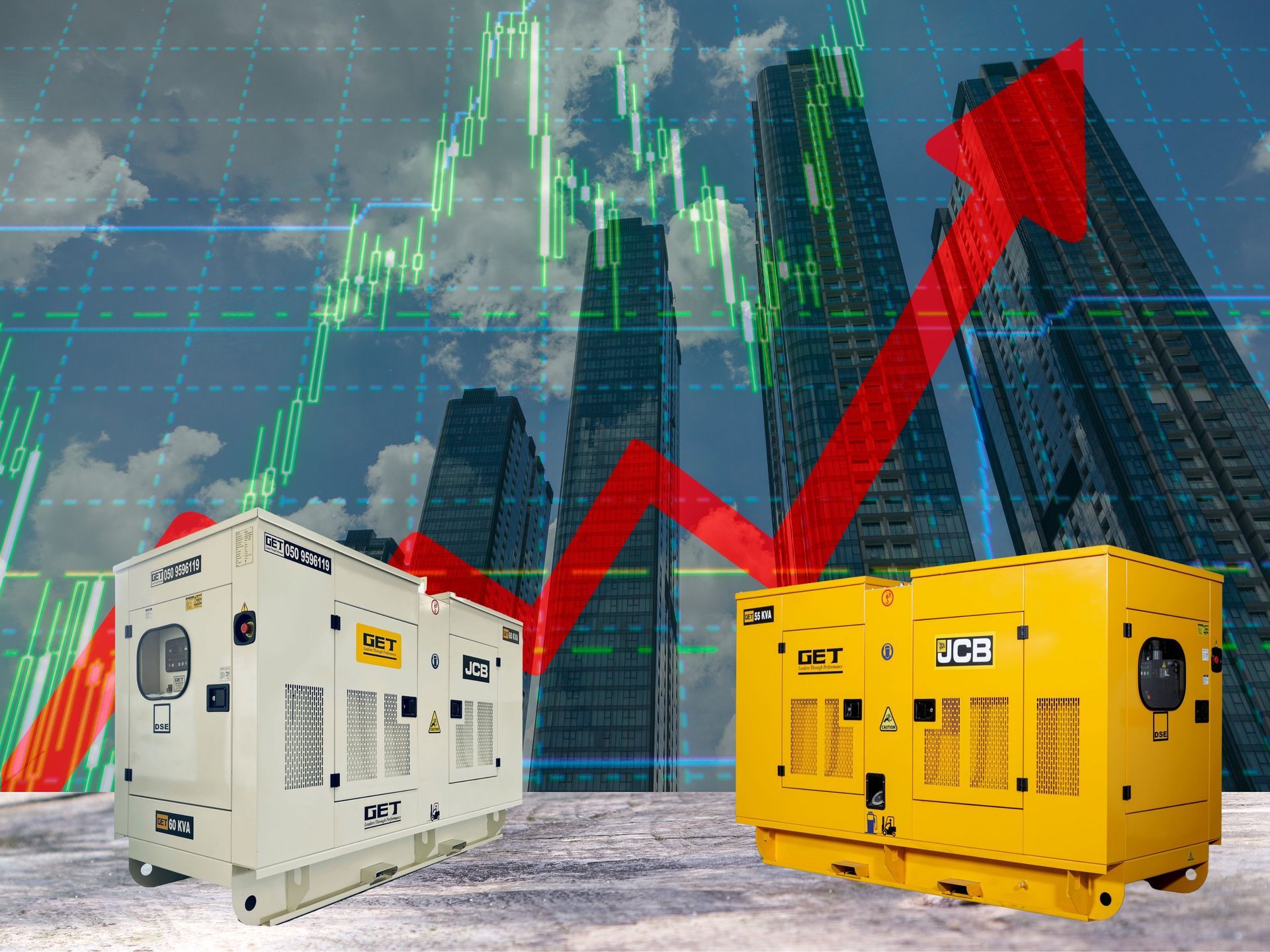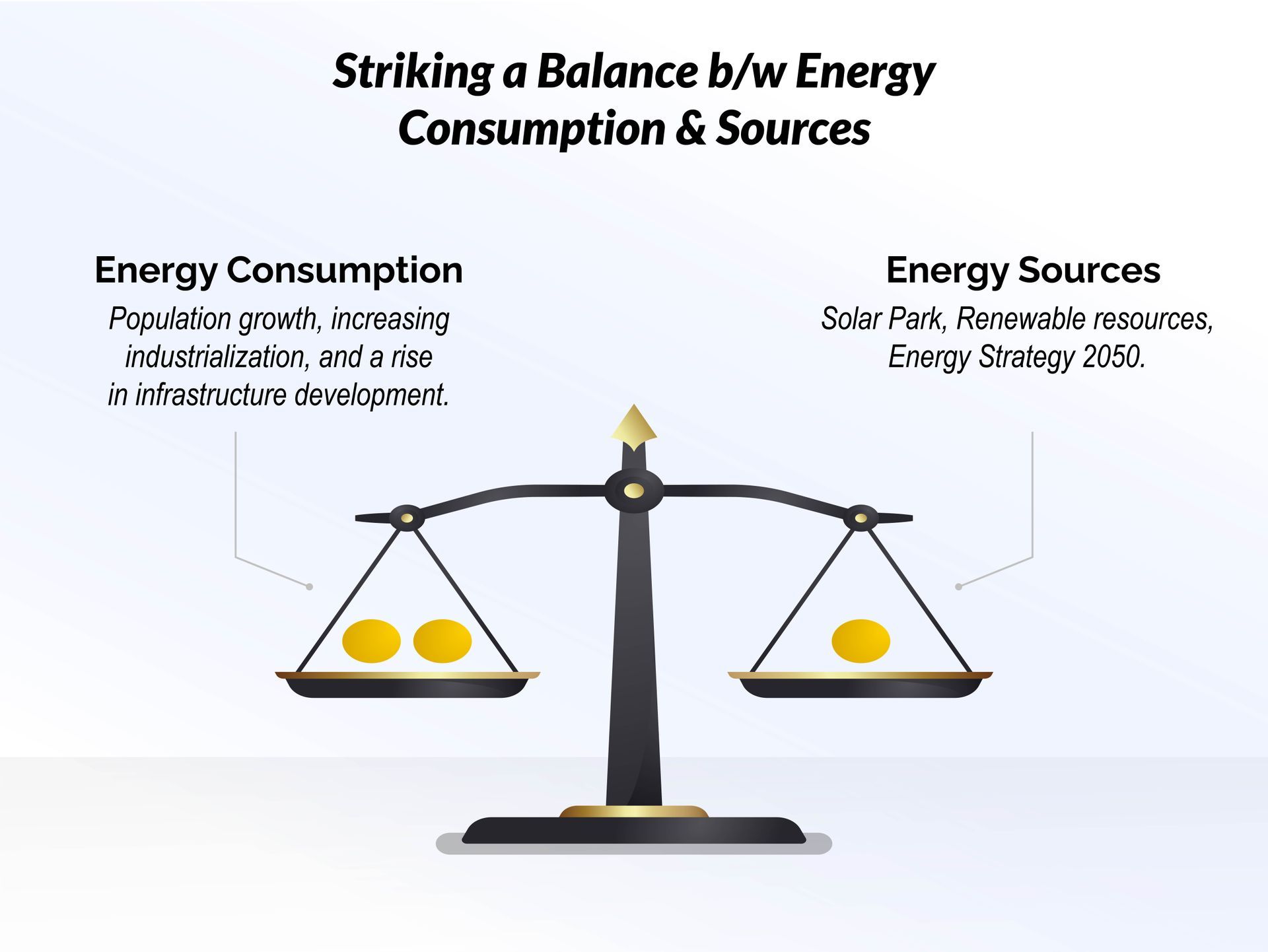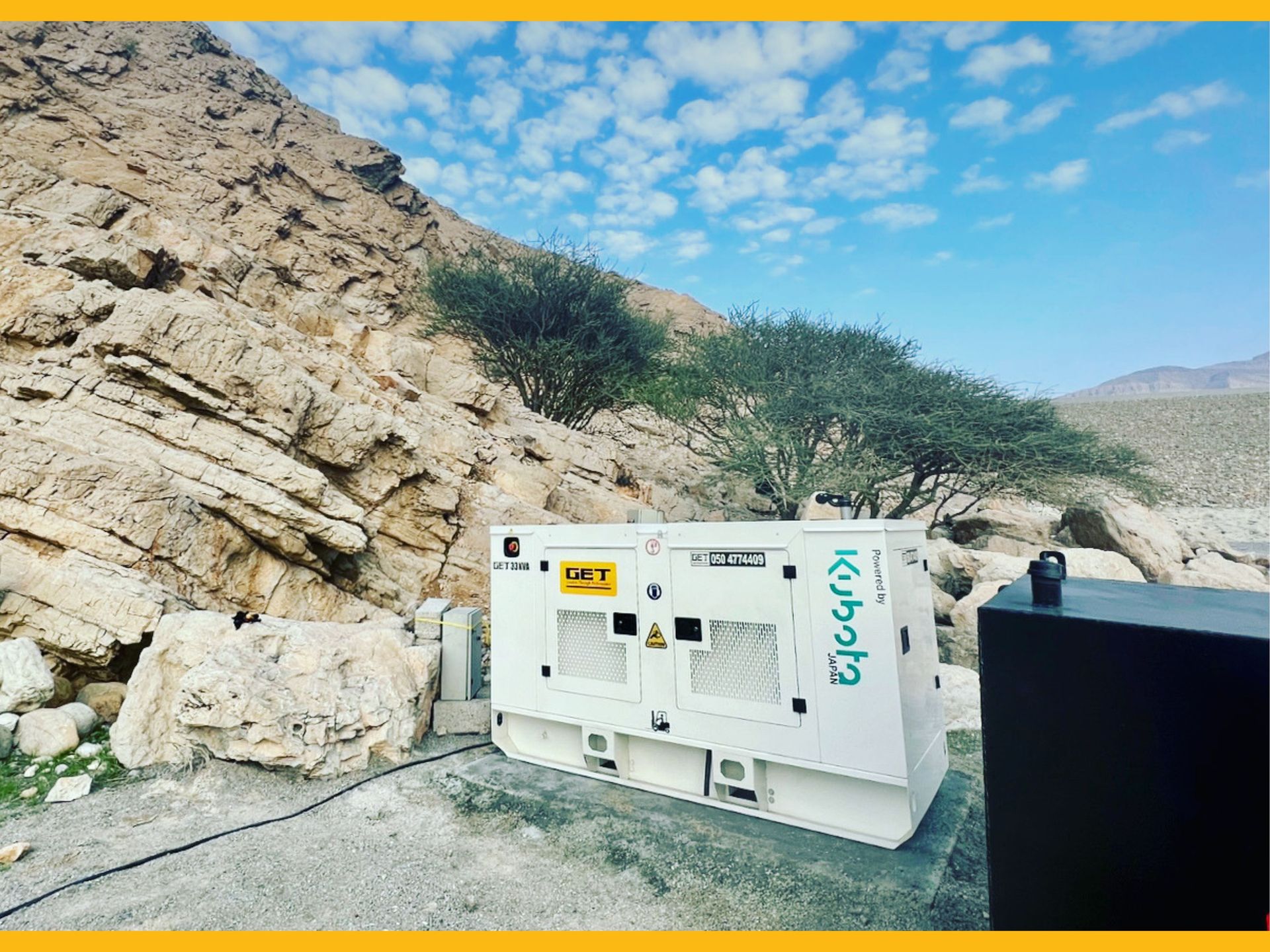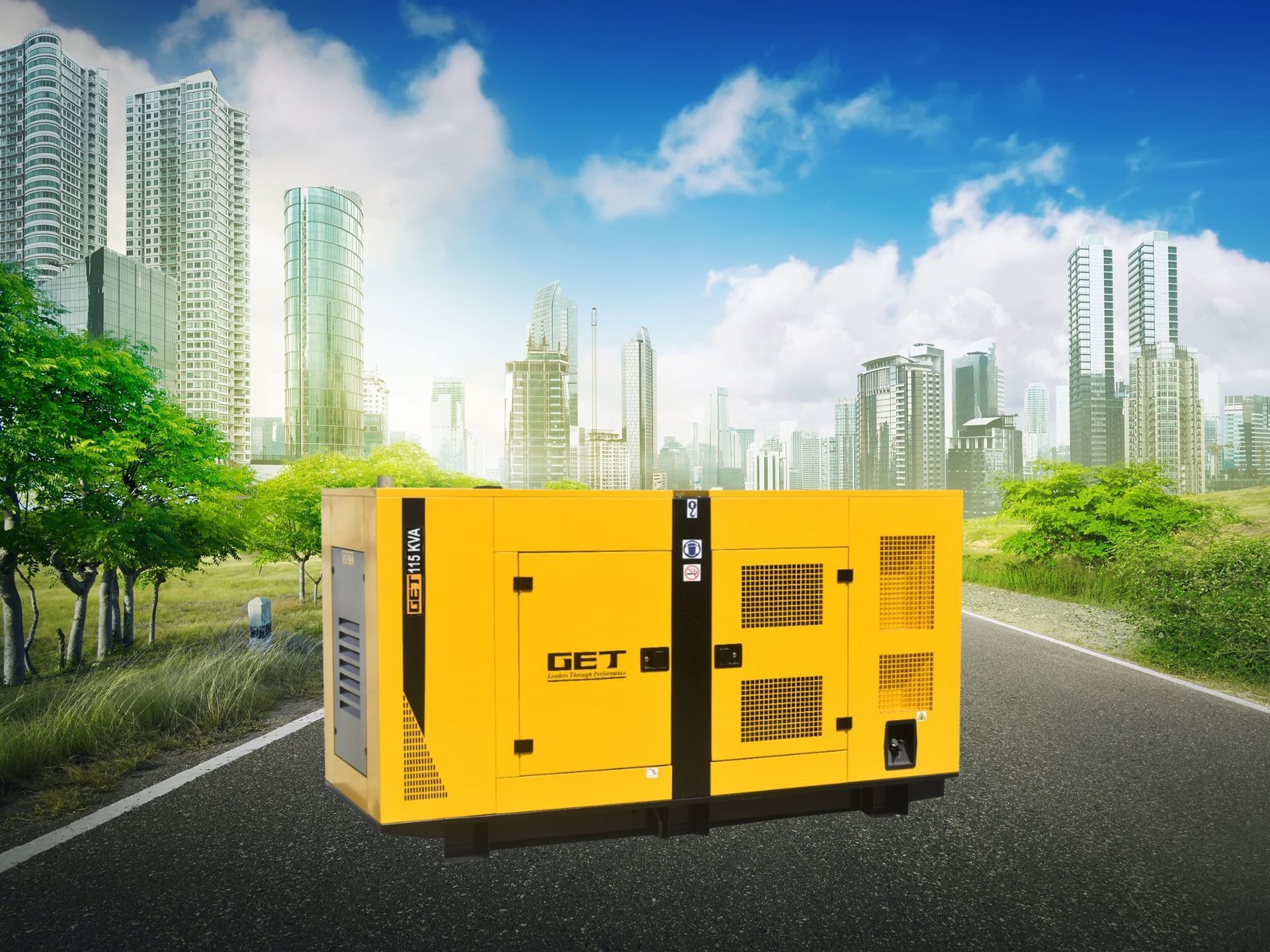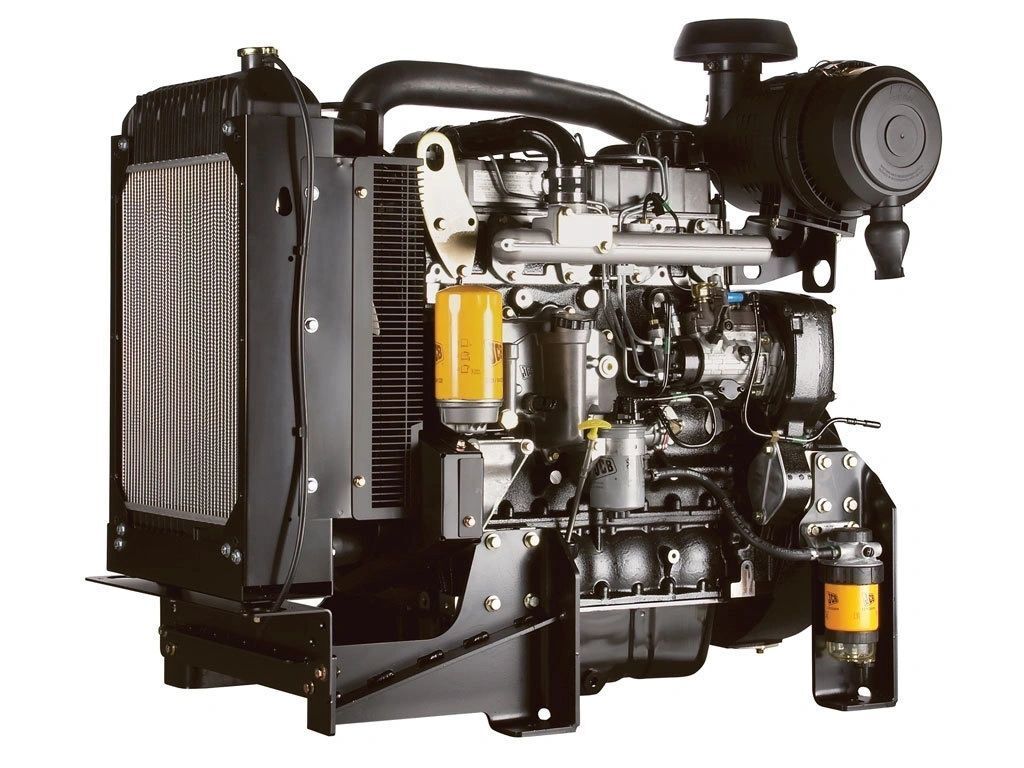Striking a Balance: Understanding Energy Consumption in the UAE
The Landscape of Energy Resources in the UAE
The United Arab Emirates (UAE) is a country rich in energy resources, particularly in the form of oil and natural gas. The UAE is one of the world's leading oil producers and has significant reserves of natural gas as well. These resources have played a crucial role in the development and growth of the UAE's economy.
The UAE has seven Emirates, each with its own energy resources. Abu Dhabi, the capital of the
UAE is the largest Emirate and holds the majority of the country's oil reserves. Dubai, another prominent Emirate, has focused on diversifying its energy sources and has invested in renewable energy projects.
In addition to oil and natural gas, the UAE also has significant potential for renewable energy sources such as solar and wind. The country has been actively exploring and investing in renewable energy projects to reduce its dependence on fossil fuels and contribute to global efforts in combating climate change.
Overall, the UAE's energy landscape is characterized by a diverse mix of energy resources, including oil, natural gas, and renewable sources. This diversity is essential for ensuring a sustainable and secure energy future for the country.
Factors Driving Energy Consumption
Several factors contribute to the high energy consumption in the UAE. One of the primary drivers is the rapid economic growth and urbanization that the country has experienced over the past few decades. The UAE has witnessed significant population growth, increasing industrialization, and a rise in infrastructure development, all of which have led to a surge in energy demand.
Another factor driving energy consumption is the hot climate in the UAE. The country experiences extremely high temperatures for a significant part of the year, which results in a high demand for air conditioning and cooling systems. This leads to increased electricity consumption and places a strain on the energy infrastructure.
Furthermore, the UAE's status as a global tourism and business hub also contributes to high energy consumption. The large number of hotels, resorts, shopping malls, and commercial buildings require substantial energy resources to meet their operational needs.
These factors, combined with the UAE's heavy reliance on energy-intensive industries such as petrochemicals, aluminum, and steel, contribute to the country's significant energy consumption.
The UAE's total primary energy consumption reached 1,043.5 TeraWatt hours (TWh) in 2019, reflecting an increase of more than 40% over the past decade (UAE Ministry of Energy). The residential sector alone accounted for 31% of the UAE's total energy consumption in 2019 (UAE Ministry of Energy). In 2019, the industrial sector accounted for approximately 40% of the UAE's total energy consumption (UAE Ministry of Energy).
Challenges and Opportunities in Sustainable Energy
While the UAE has made significant progress in diversifying its energy sources and investing in renewable energy projects, there are still challenges that need to be addressed. One of the main challenges is the high upfront cost associated with renewable energy technologies.
While the cost of renewable energy has been decreasing in recent years, it still requires substantial investment to develop the necessary infrastructure. Another challenge is the intermittent nature of renewable energy sources such as solar and wind. The UAE experiences periods of high heat and low wind, which can affect the reliability and consistency of renewable energy generation. Energy storage technologies and grid integration solutions are being explored to address this challenge.
Despite these challenges, there are also significant opportunities in sustainable energy for the UAE. The country has abundant solar resources, making it an ideal location for solar power generation. Additionally, the UAE's geographic location provides opportunities for offshore wind energy projects. By capitalizing on these opportunities, the UAE can further reduce its reliance on fossil fuels and contribute to a more sustainable energy future.
Government Initiatives and Policies
The UAE government has implemented several initiatives and policies to promote sustainable energy and reduce energy consumption. One of the key initiatives is the UAE Energy Strategy 2050, which aims to increase the share of clean energy in the country's total energy mix to 50% by 2050. This strategy includes targets for renewable energy capacity, energy efficiency, and carbon capture utilization and storage. To achieve these targets, the UAE has launched various renewable energy projects, including the development of solar parks and the establishment of research and development centers for renewable energy technologies. The government has also implemented energy efficiency programs and regulations to promote energy conservation in buildings, industries, and transportation.
In addition to these initiatives, the UAE has also established partnerships with international organizations and other countries to exchange knowledge and expertise in the field of sustainable energy. These collaborations aim to accelerate the deployment of renewable energy technologies and foster innovation in the energy sector.
The Mohammed bin Rashid Al Maktoum Solar Park in Dubai is one notable example, aiming to generate 5,000 megawatts (MW) of clean energy by 2030, making it the largest single-site solar park in the world.
Future Outlook for Energy Consumption
The future outlook for energy consumption in the UAE is expected to be influenced by several factors. The continued economic growth and population expansion are likely to drive an increase in energy demand. However, the UAE's commitment to diversifying its energy sources and reducing its carbon footprint will also play a significant role.
The UAE aims to further expand its renewable energy capacity, particularly in the areas of solar and wind power. The country has set ambitious targets for renewable energy generation and is actively investing in research and development to enhance the efficiency and cost-effectiveness of renewable energy technologies. Furthermore, advancements in energy storage technologies and grid integration solutions are expected to improve the reliability and stability of renewable energy systems, addressing the intermittent nature of solar and wind power.
Overall, the UAE's future energy consumption is likely to be characterized by a gradual shift towards cleaner and more sustainable energy sources, supported by government initiatives, technological advancements, and international collaborations.
According to the International Renewable Energy Agency (IRENA), the UAE has set a target to generate 44% of its energy from renewable sources by 2050, demonstrating its commitment to sustainable energy practices.
Conclusion
The UAE's remarkable progress and rapid development have naturally led to increasing energy needs. However, the country is keen on striking a balance by embracing sustainable energy practices and diversifying its energy mix. By encouraging renewable energy projects, promoting energy efficiency, and fostering innovation, the UAE is setting impressive benchmarks on the global stage. As the nation moves forward, the UAE's commitment to a well-balanced and sustainable energy future will undoubtedly continue to shape its path toward prosperity and environmental stewardship.
Click to Share
